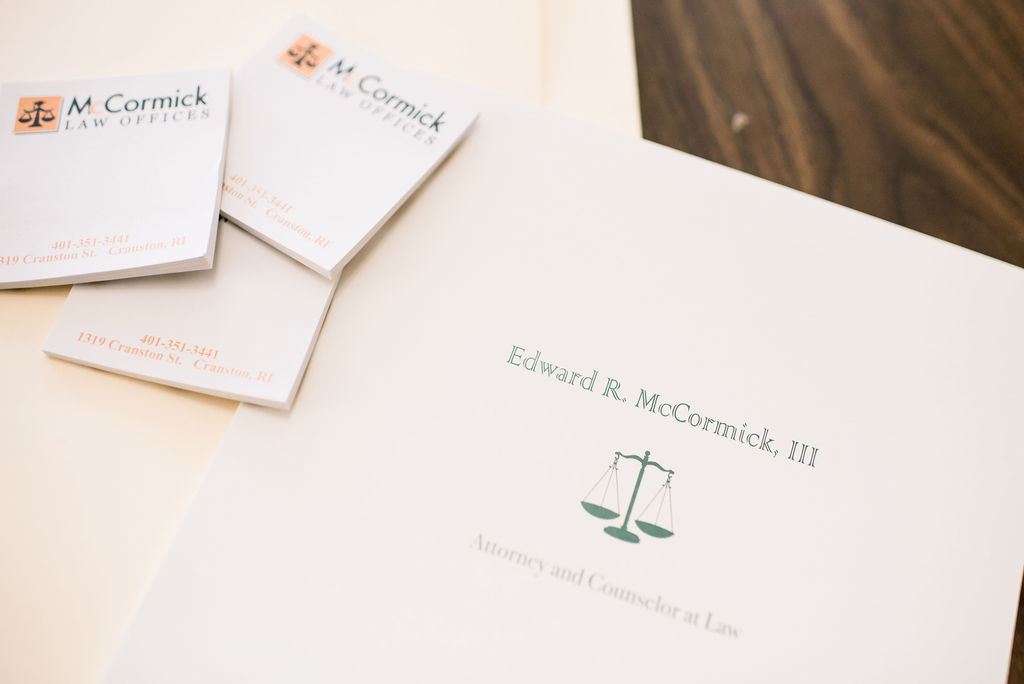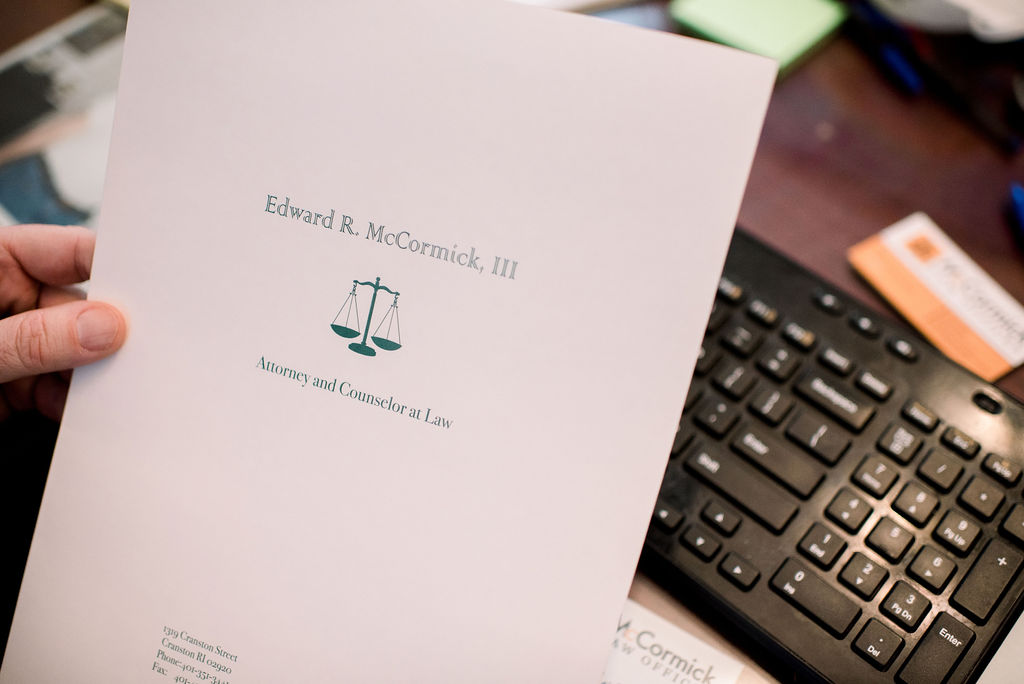A will is a legal document that specifies how someone’s estate is distributed after their death. Their property and assets will usually go to their heirs. However, some heirs may be disappointed with their share or feel they were unnecessarily excluded. This generally leads them to contest the document.
Who can Contest a Will?
Generally, only people who have been named in the will, named in a previous will, or would have inherited some part of the estate if a will had not existed can contest. These people are referred to as “interested parties” or beneficiaries. These are the people who are able to contest a will:
- Someone already named in the will.
- Someone named in a previous will, who may have been written out in the most recent version or given a significantly smaller share of the estate.
- Anyone else not named in the will, but are able to inherit the estate if a will had not existed. This usually refers to children, a spouse, or next-of-kin.
Why contest a will ?
There are quite a few reasons why a will can be contested. If you fall into one of the beneficiary categories, you are able to contest a will. However, just being a beneficiary is not enough. You will need to have legal reasons for contesting as well as having proof. There are a few reasons why a will can be contested:
- Age: A will must be made by someone age 18 or older. There are exceptions to this rule, such as the person being married or having served in the military before turning 18.
- Validity: A will needs to be state specific, and different states have different requirements. Generally, for a will to be valid it must state the name of the person who’s will it is, and that part of the estate is being left to a person or organization. It is also important to name a personal representative in the will.
- Fraud: This occurs anytime that the will-maker has been misrepresented, misled, or manipulated when making or signing a will.
Witnesses. All wills have to be signed and dated by at least two witnesses. These witnesses cannot be listed to inherit any piece of the estate in the will. - Mental Capacity: At the time of the will’s creation, the will-maker must have been mentally stable. This questions the validity of the document and opens the door for fraud to occur.
How to contest a will ?
If you are looking to contest a will, you will only have a limited time to do so. You have to start the process once you receive the notice of probate. This means that the deceased’s assets are being distributed to the heirs or organizations as noted in the will.
On the court date when the will is to be admitted, you must file your objection. This can either be filed by you or a probate lawyer. Going through a lawyer may seem expensive at the start, but they are able to save you a lot of time and effort. They are also able to make sure that everything is filed correctly and on time.
Whether or not you choose to have an attorney represent you, the claim must be submitted in the probate court where the estate is filed.
After filing all paperwork, your will contest will be brought to the probate court. During this time, you will have to go through many of the same legal processes as other civil cases. This includes witnesses, documents, and many times medical records of the deceased.
What about your will?
Now you know how to contest a will, but what about ensuring your will doesn’t get contested? Well, it’s simple, all you have to do is make sure there are no ambiguities in the document. There’s a few ways that you can do this:
- Start Planning Now: One of the most common reasons for a will contest is the testator’s state of mind. When it is clear that you are of sound state-of-mind is the best time to start. Even if you feel that you are not ready to create a will, it is still recommended that you make one.
- Add a No-Contest Clause: Including this in your will lets your beneficiaries know that if they challenge your will and lose their contest, they will not receive anything from your estate.
- Talk to a Lawyer: A lawyer is able to help you create your will so that it is considered legal in your state. This helps because when you pass, there is no debate on if your will is considered valid or not.
Get started
It’s best to create a will that is state specific. The attorneys at McCormick Law are well versed in the laws regatding estate planning and wills in Rhode Island and eastern Massachusetts. McCormick Law also offers a Quick Will service to get you a state specific will quickly and efficiently! Contact our offices today.







